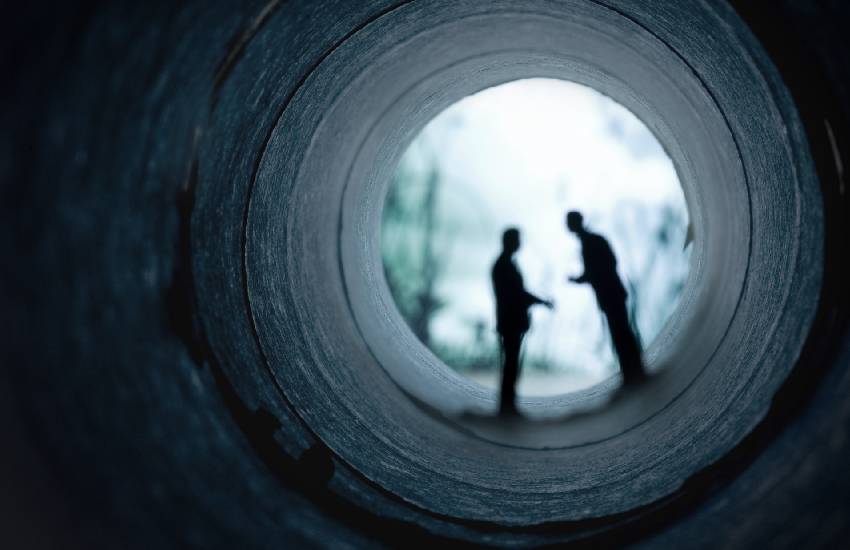×
The Standard e-Paper
Smart Minds Choose Us

In the 1990s, I was a frequent user of Machakos Bus Station.
Each visit filled me with trepidation. The place was a war zone. Battle-scarred and toothless goons, high on weed and poor upbringing, would espy a potential passenger from 100 metres away and charge in their direction yelping like dogs on heat.